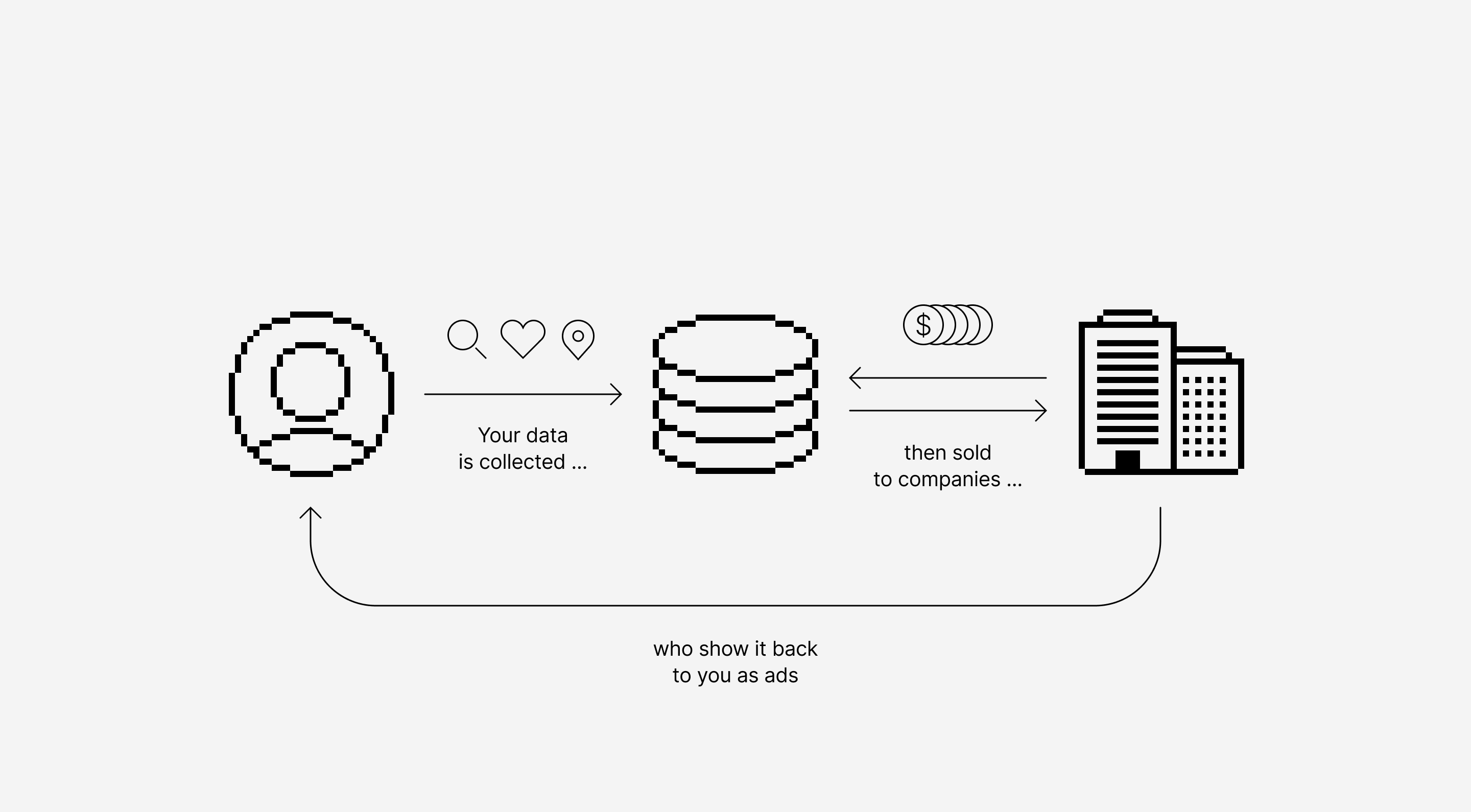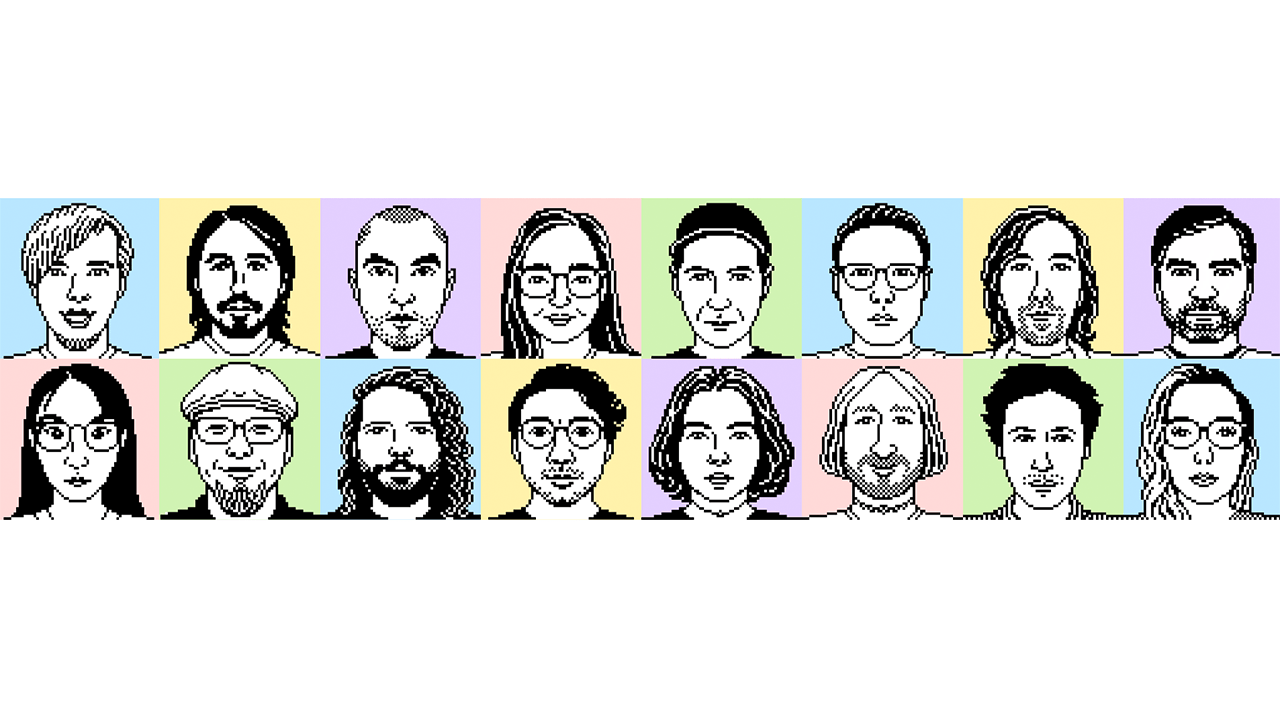Offering a beacon of hope in an otherwise haze of sacrificed privacy, data, and control, Berlin-based Anytype has raised $13.4 million in a funding round led by Balderton Capital.
"At a time when there are crackdowns on digital independence around the world, Anytype allows people to leverage future-proof software while remaining sovereign." - Colin Hanna, Balderton Capital.
Additional participants in the round include Inflection and Square One, with a who's who cadre of software and Web3 domains angel investors including Trent McConnaghy (Ocean), Jutta Steiner (Polka Dot), Luis Cuendo (Aragon), and Adam Wiggins (Heroku), also supporting the startup.
The antithesis web
There's hardly a day that goes by where we're not reminded of the state of digital affairs; we live in a world dominated by centralised algorithms that serve up what it thinks our digital experiences should be and harvest our personal data in exchange.

Originally conceived as a decentralised network for unrestricted information exchange, the Internet has evolved into a realm controlled by proprietary files, apps, and servers managed by a select few. For better or for worse, and whether we actually realise it or not, developers are the key masters dictating recommendations, promotions, and data flows, often at the expense of creators.
Herein lies the genesis behind Anytype – a local-centric, peer-to-peer, and open-source tool that provides users with the originally intended freedoms of the web while simultaneously safeguarding privacy, data autonomy, and control.
“We believe software should support fundamental digital freedoms - privacy of thoughts, freedom of speech, right to authorship, and autonomy from software providers. These freedoms are the foundation of any well-governed society and with the rise of cryptography and peer-to-peer stack, it’s finally possible to guarantee these freedoms by encoding them into the architecture of the software we use." - Anytype co-founder Zhanna Sharipova.
Disconnected connections
While the no-code, drag-and-drop interface zeitgeist claims to be intuitive to all, the fact is, more often than not this 'intuitive' interface to just that to a select segment, developers. While Anytype is aiming to stand apart from this crowd, it's clear that the company is still a way off from mass adoption.
For example, an explainer provided by Anytype during the onboarding process is as follows:
"Anytype has two basic formats: Sets and Collections. As in computer science, a Set is a data structure that contains only unique elements, while a Collection is any group of objects that are stored together. you can convert any set into a collection, but not the other way around."
However, once a user wraps their head around concepts as such, Anytype then promises to allow users to create 'spaces' where all their information is stored in a graph, and in which all their 'objects', i.e. thoughts, tasks, documents, notes, goals, etc. are linked thematically.

Building on the ethos of control and privacy above all else, users need not even be connected to the web to share, access, and distribute information. Encrypted data is synchronised via a peer-to-peer network in a decentralised manner.
"Previous experience has shown us that people fall in love with products, not protocols, By focusing on no-code tools coupled with our decentralised architecture, we’d like to equip creators and communities to build the web on their own terms," explained Sharipova.
Of the people, by the people, for the people
Founded in early 2018, Anytype says that it worked with over 30,000 people from a range of professions including software developers, students, nurses, city planners, pharmacists, nuns, and police during its Alpha release, and amassed a waitlist of more than 75,000 people for its Beta launch.
Now counting a 100,000+ user community, Anytype’s founders Anton Pronkin and Zhanna Sharipova encourage contributors to build and govern the platform together.
Money, money, money
While providing a self-hosted E2EE platform is a secure way for users to operate, it does sideline the provider of said platform when it comes to revenue generation, at least in the traditional/typical sense that we know today. And that's exactly the point.
As for a revenue model, Anytype says that its service will remain free while still in beta, and is relying on the community to not abuse the 1GB of free storage on offer.
The company's short-term revenue model relies on charging users for resources they use, at this point paid backups of spaces above a yet-to-be-determined storage limit.
Similar to platforms such as Proton, Anytype eventually wants to move to the membership model. For now, the plan is to offer members a host of additional benefits including the ability to publish objects and spaces under a name of their choosing and the right to participate in the earnings based on the user's contributions.



Would you like to write the first comment?
Login to post comments